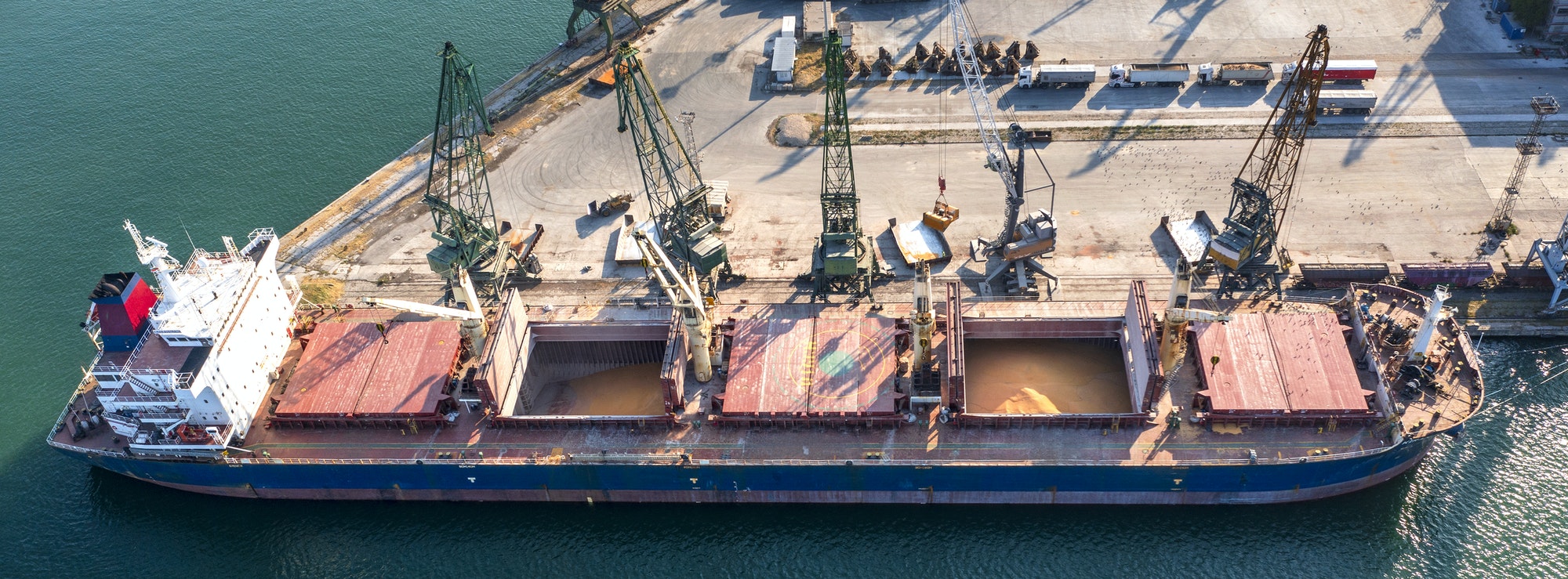How Can British SMEs Leverage Trade Agreements Post-Brexit for Export Growth?

The world of international trade is a giant chessboard where businesses, governments, and regulatory bodies constantly maneuver to adapt to shifting policies, financial landscapes, and economic conditions. In this complex milieu, British Small and Medium Enterprises (SMEs) find themselves in a unique position post-Brexit. Your challenge lies not merely in navigating these waters, but in leveraging the opportunities they provide. This article will explore how you, as British SMEs, can exploit new and existing trade agreements for export growth.
Understanding Your Market: The First Step Towards Export Growth
Before we dive into the nitty-gritty of trade pacts, it’s crucial to understand your market. The success of your export strategy largely depends on your understanding of the international market and the specific countries you intend to target. This knowledge will aid you in aligning your business objectives with the opportunities presented by different trade agreements, thereby fueling your growth aspirations.
Also to see : The benefits of using a professional registered agent service
You need to be aware of the intricacies of your target market, including their economic climate, regulatory norms, financial environment, and government policies. For instance, if you’re targeting a market like China, you would need to understand its unique business culture, governmental regulations, and current economic trends.
Utilizing Bilateral and Multilateral Trade Agreements
Trade agreements play a pivotal role in shaping the international market landscape. They are crucial instruments that govern trade between countries and regions, affecting businesses at all levels – from global conglomerates to local SMEs.
Also to read : What Are the Emerging Trends in Ethical Fashion for UK’s Conscious Consumers?
Post-Brexit, the UK has been actively forging new bilateral and multilateral trade deals. As a British SME, it’s critical to familiarize yourself with these agreements – their stipulations, benefits, and potential pitfalls.
For instance, the recently ratified UK-China trade agreement could open up a vast market of consumers for British SMEs. However, it’s equally essential to understand the regulatory framework and the Chinese government’s policy towards foreign businesses to navigate potential challenges.
Exploiting the Benefits of the UK’s Trade Policy
The UK’s trade policy post-Brexit has been steering towards creating a conducive environment for businesses, particularly SMEs, to thrive in international trade. The government, along with the financial and regulatory bodies, is working towards reducing trade barriers, simplifying export procedures, and offering financial support to exporters.
As a British SME, you should take full advantage of these favorable conditions. The government’s objectives of promoting and supporting export businesses can provide a significant boost to your international trade aspirations.
Engaging with the appropriate government bodies and the commission tasked with overseeing trade policy can provide you with valuable insights and resources. This active engagement will aid in understanding how you can best align your business strategy with the nation’s trade policy to achieve export growth.
Building Strong Partnerships for International Trade Success
As you venture into the international market, building strong partnerships will be an integral part of your success. These can be with other businesses, financial institutions, or government bodies.
Collaborating with businesses in your target market can provide local insights, help navigate regulatory norms, and build trust with local consumers. Financial institutions can support you with the necessary financial resources and guidance. Partnerships with government bodies can assist in understanding and complying with trade regulations and policies.
In the realm of international trade, partnerships are more than just a safety net. They are a powerful tool that can open doors to growth opportunities, provide invaluable resources, and help you navigate the often complex terrain of international trade.
Leveraging Technology and Innovation for Export Growth
In the era of globalization and digitalization, technology can be your biggest ally. From e-commerce platforms that enable businesses to reach international customers, to digital marketing strategies that help you understand and target prospective consumers, technology can offer a host of tools to support your export growth.
Innovative technology solutions can help you optimize supply chains, improve product quality, and increase operational efficiency. Embracing technology and innovation will not only give your business a competitive edge in international markets but will also make the journey towards export growth smoother and more manageable.
With the right understanding of your market, effective utilization of trade agreements, supportive trade policies, strong partnerships, and the leverage of technology, your British SME is well-equipped to navigate the post-Brexit trade landscape for export growth. Remember, the international market is not just a challenge; it’s an opportunity to grow, expand, and succeed.
The Impact of the Global Trade Landscape on British SMEs
The international trade arena is a dynamic landscape shaped by a multitude of factors ranging from governmental policies to economic conditions and technological advancements. British SMEs are not just passive players in this arena, but active participants whose actions and decisions contribute to the evolving global trade landscape.
While Brexit has altered the UK’s trade relations with the European Union and other countries, it has also opened up new trade opportunities. The UK government’s trade policy has been actively working to establish new trade agreements with countries like the United States and China. These agreements aim at fostering economic growth, enhancing market share, and supporting the export growth of British SMEs.
However, the global trade landscape is not without its challenges. The recent Covid pandemic has posed significant hurdles to international trade, affecting supply chains and creating economic uncertainties. Additionally, national security concerns, particularly in regards to technology and data protection, have become increasingly pivotal in shaping trade policies.
With Brexit and the changing global trade landscape, British SMEs need to be proactive, adaptable, and strategic. They must keep a keen eye on the annual report of international trade bodies and the foreign policy shifts of their target markets. This will help them to understand the current trade environment better, predict future trends, and make informed decisions.
Conclusion: Seizing Opportunities in the Post-Brexit Era
In conclusion, the post-Brexit era presents a mixed bag of challenges and opportunities for British SMEs. The UK’s exit from the European Union has indeed shifted the dynamics of international trade for British businesses. However, through effective strategizing and leveraging trade agreements, British SMEs can turn these challenges into opportunities for export growth.
Going forward, the key to success in the international market lies in understanding the intricacies of global trade, adapting to changing policies, forging strong partnerships, and harnessing the power of technology and innovation. As British SMEs, it’s essential not only to adapt to the new trade landscape but also to shape it in a way that aligns with your business objectives.
Moreover, it’s important to remember that while trade policy and agreements play a significant role, they are not the only drivers of export growth. Soft power factors such as cultural influence, brand reputation, and social responsibility also contribute to a business’s international success.
In the post-Brexit era, the world of international trade may seem like a daunting chessboard. But remember, every move counts, every decision matters, and every challenge is an opportunity in disguise. As British SMEs, it’s time to roll up your sleeves, strategize your moves, and seize the opportunities that lie ahead in the global market.
